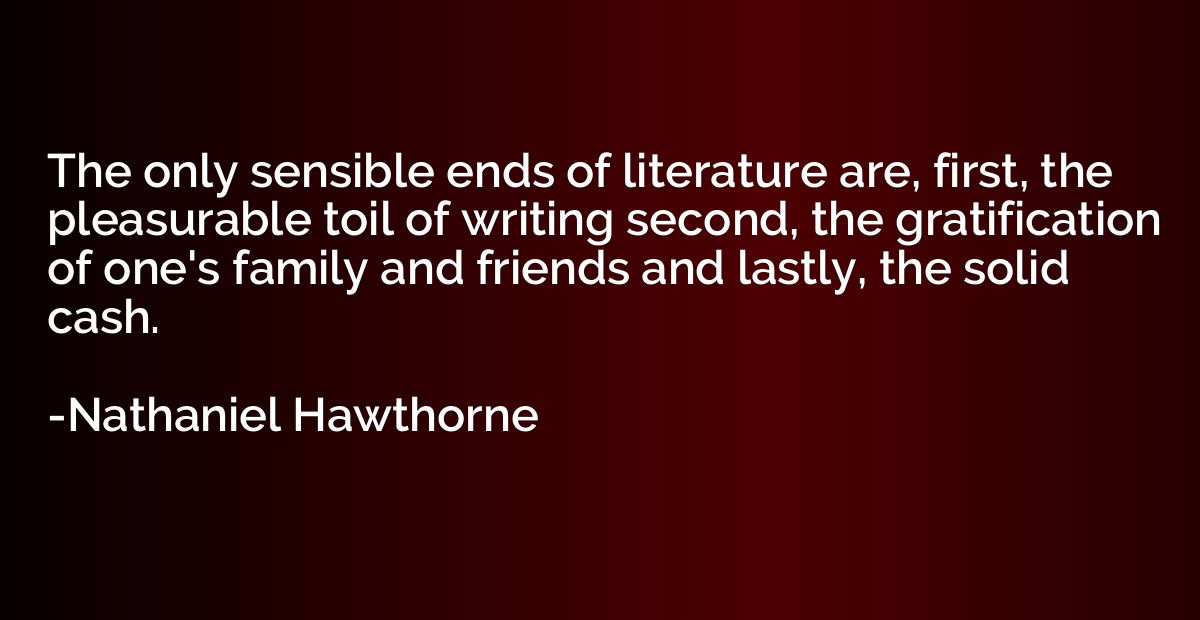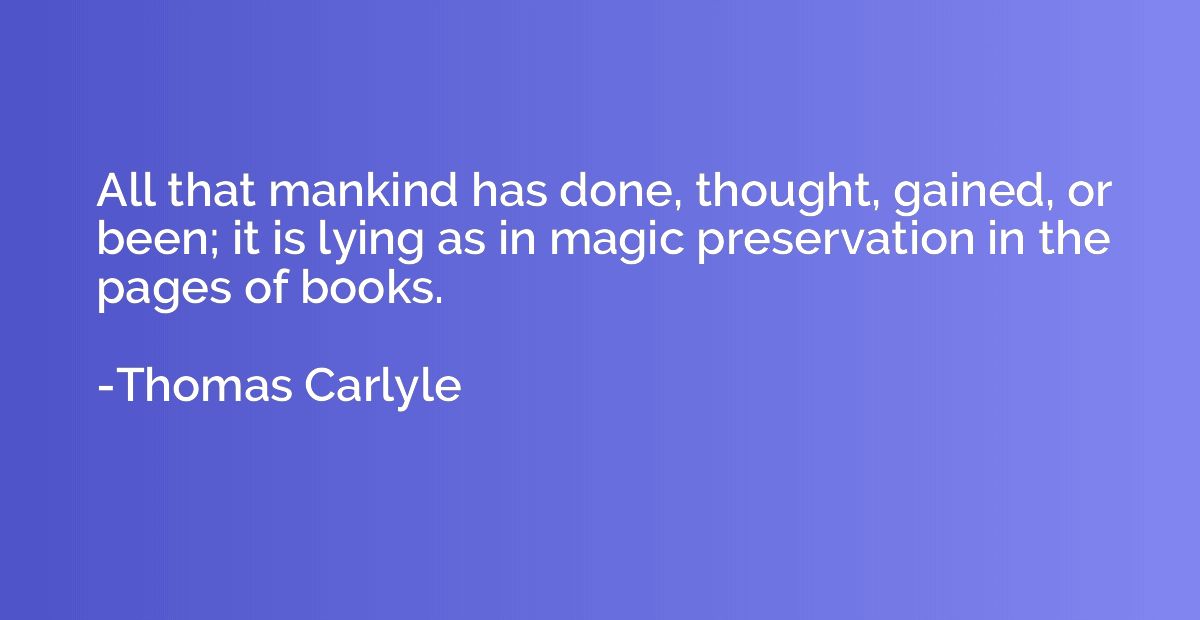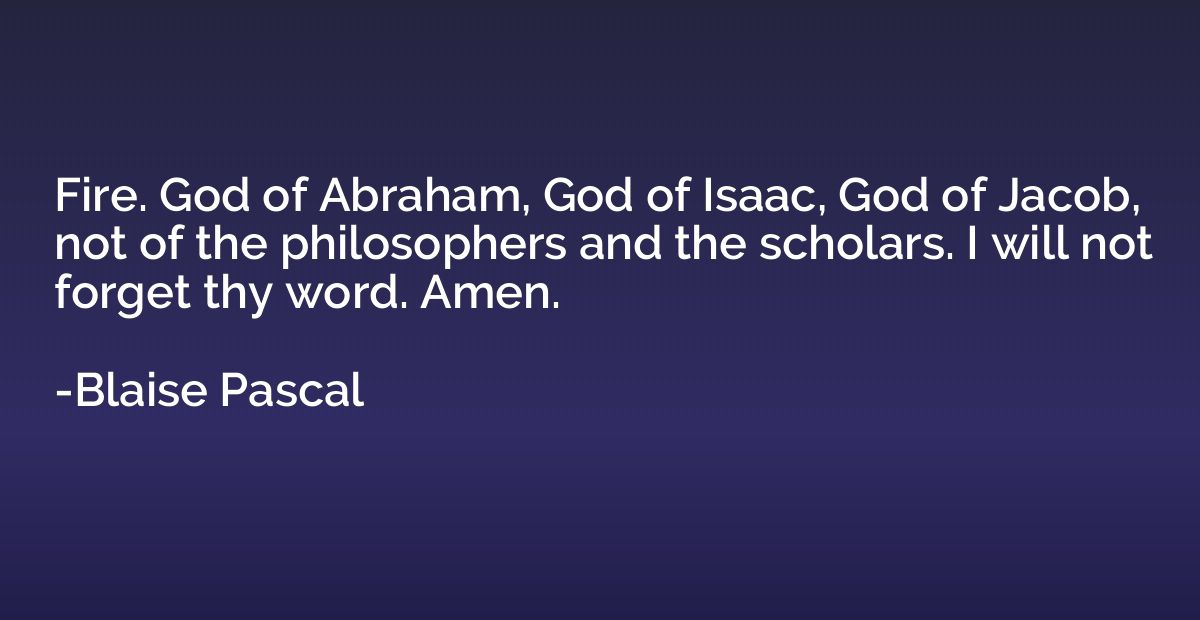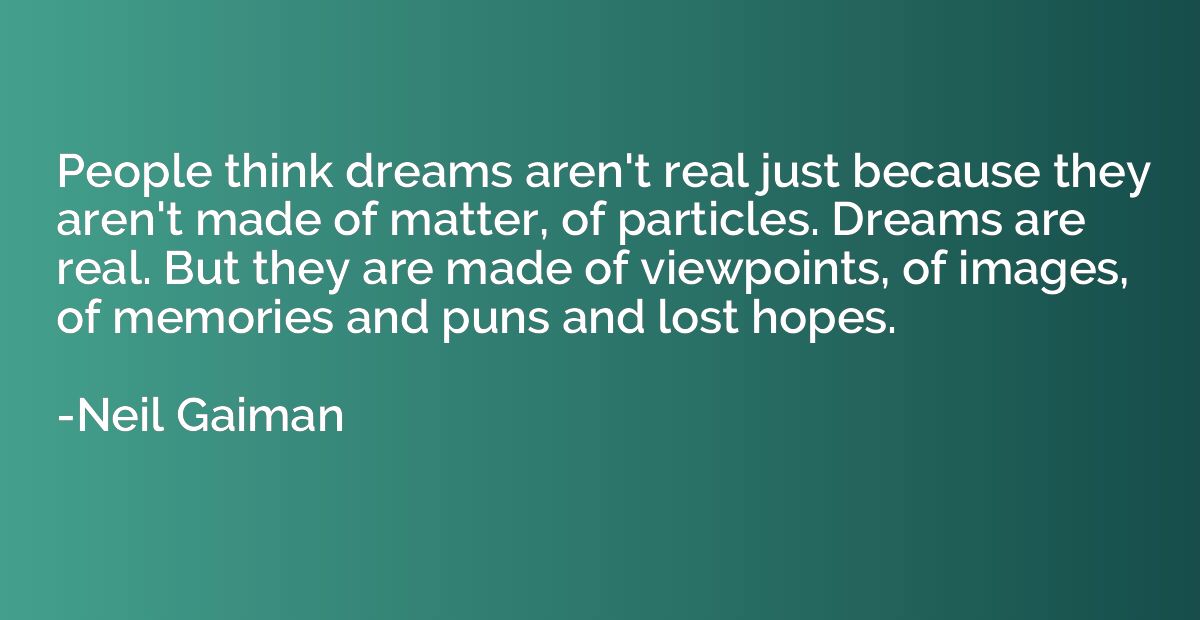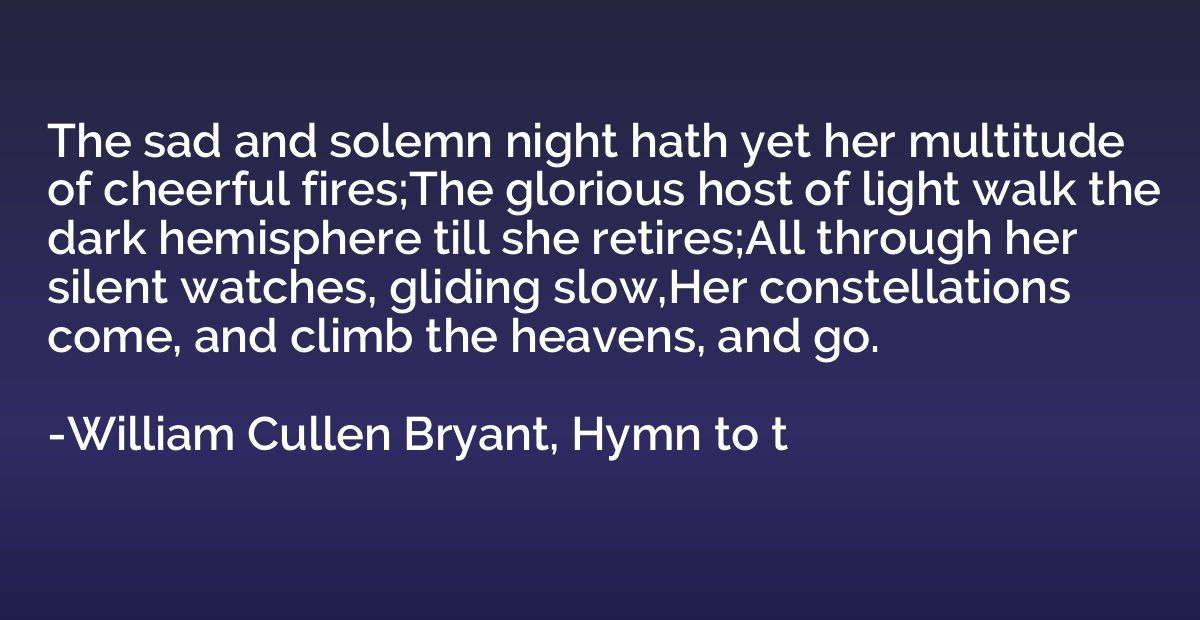Quote by Oscar Wilde
Yet each man kills the thing he loves By each let this be heard, Some do it with a bitter look, Some with a flattering word, The coward does it with a kiss, The brave man with a sword!
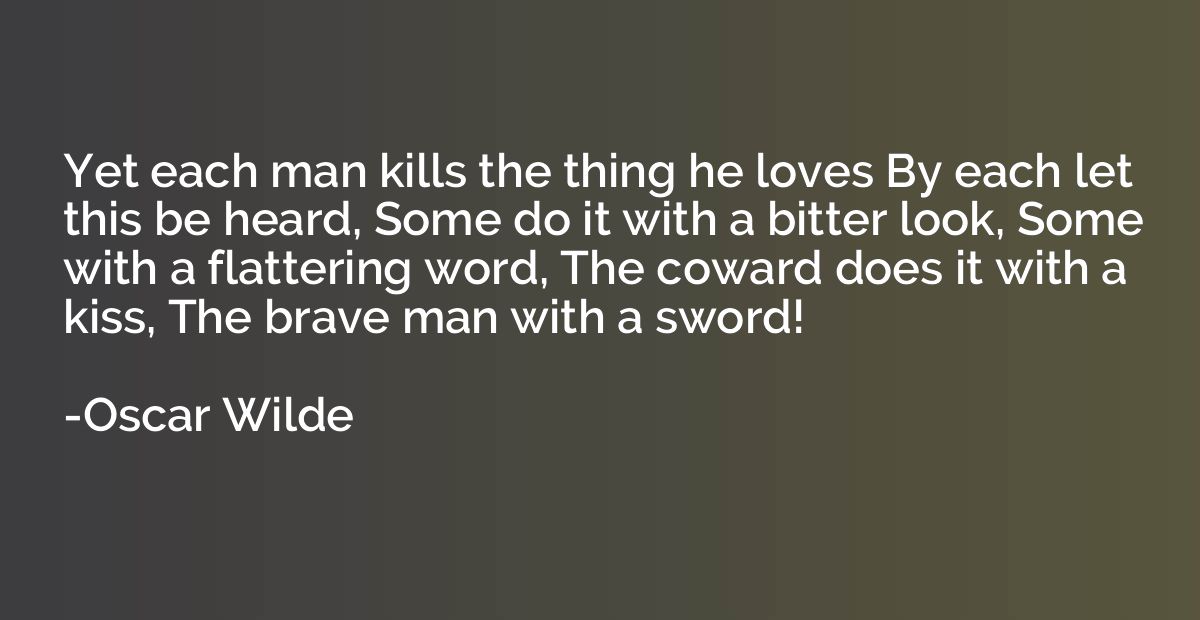
Summary
This quote, from Oscar Wilde's poem "The Ballad of Reading Gaol", highlights the paradoxical nature of human behavior when it comes to love. It suggests that love has the power to evoke intense emotions, compelling individuals to act against their own affections. The quote distinguishes between different methods people use to hurt those they love: some express their animosity through glaring looks or false flattery, while others resort to deceitful kisses or direct violence. Ultimately, it suggests that love can be both a source of profound vulnerability and a potential catalyst for destructive actions.
By Oscar Wilde



